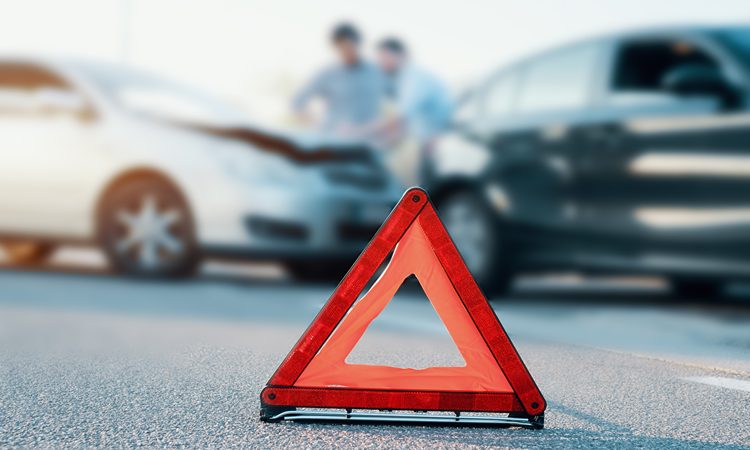Connected Cars Explained: Tech, Safety and Better Car Insurance
Connected Cars Explained: Tech, Safety and Better Car Insurance

Our vehicles are no longer made of metal and tyres. They’re computers. They’re online. They are speaking to other cars, to cities, your phone, and even to your insurance company. That’s why “connected car” matters — especially if you want smarter journeys and better car insurance policy deals.
Let us simplify it.
What is a Connected Car?
A connected car is a vehicle equipped with internet access and a suite of sensors and computers. It remains connected to the outside world, i.e. cloud servers, other cars, road-side infrastructure and your preferred apps. And the bottom-line of this is that your car acts like a smartphone with wheels.
It has the ability to stream real-time traffic information, receive software updates and even notify emergency services in the event that you are involved in a collision.
How Does Connected Car Technology Work?
There are two ways to remain hooked:
• Embedded systems: These come with built-in SIM chips, antennas and modems. They stay online all the time.
• Tethered systems: These use your smartphone’s signal via Bluetooth or Wi‑Fi. They’re cheaper but risk drop-outs if your phone battery dies.
Next up are telematics units — tiny computers installed in the car. They gather data on speed, engine health, fuel levels, GPS location and more. That information gets sent to remote servers in real time. The same servers push back updates: new map tiles, traffic jams to avoid, and software patches for safety features. It’s a two‑way street of data flow.
Features of Connected Vehicles
• Live Navigation: The route you follow can respond to traffic congestion, accidents and road repairs. It can also assist you in finding a nearby EV charging station.
• Remote App Controls: Lock and unlock your doors, start the engine, pre-heat your cabin on cold mornings, and see fuel or battery levels — all through your phone.
• Health Management of Vehicles: Get notifications of oil service, worn brake pads or problems with the battery before they are severe. When it is time to get a check-up, your car pings you.
• Infotainment Sync: Integrations of Android Auto and Apple CarPlay will take your music, podcasts and hands-free calls to the dash in no time.
• Over‑the‑Air Updates: Software advances or even automobile security check-ups can be forced onto your vehicle by manufacturers. No garage visit is required.
Benefits of Connected Vehicles
• Distanced mental calmness: Have you forgotten to lock the car? All you need to do is open the app and check. Did you check tyre pressure before a long drive? You can check that too using your mobile.
• Fairer Car Insurance: Telematics is adored by insurers. They follow you on the road, monitor your driving habits, speed, time of day, and patterns — and reward safe driving with cheaper premiums.
• Mobile entertainment: Wi‑Fi in your car lets you listen to music, stream podcasts or even do your work as you wait in traffic.
Airbag is a very important safety feature that your car must have, and if you have a query, you can check our blog What Are Airbags and How They Work?
Conclusion
Connected cars are your smart travel partner. They talk to phones, traffic networks, and insurance networks. They protect you, make you more productive, and even amused. And when you combine that with car Insurance, it’s a win‑win: safer roads and fairer premiums.
There is only one thing to keep in mind: being connected is also dangerous. Privacy matters. Ensure that you are aware of the data that is shared.
Disclaimer: The above information is for illustrative purposes only. For more details, please refer to the policy wordings and prospectus before concluding the sales.
Related Blogs:
• What are Self-Driving Cars and How Do They Work?
• Top 9 Seater Family Cars In India
• Car Insurance Considerations For Self-Driving Cars










 Health Insurance
Health Insurance  Travel Insurance
Travel Insurance  Car Insurance
Car Insurance  Cyber Insurance
Cyber Insurance  Critical Illness Insurance
Critical Illness Insurance
 Pet Insurance
Pet Insurance
 Bike/Two Wheeler Insurance
Bike/Two Wheeler Insurance  Home Insurance
Home Insurance  Third Party Vehicle Ins.
Third Party Vehicle Ins.  Tractor Insurance
Tractor Insurance  Goods Carrying Vehicle Ins.
Goods Carrying Vehicle Ins.  Passenger Carrying Vehicle Ins.
Passenger Carrying Vehicle Ins.  Compulsory Personal Accident Insurance
Compulsory Personal Accident Insurance  Travel Insurance
Travel Insurance  Rural
Rural 











